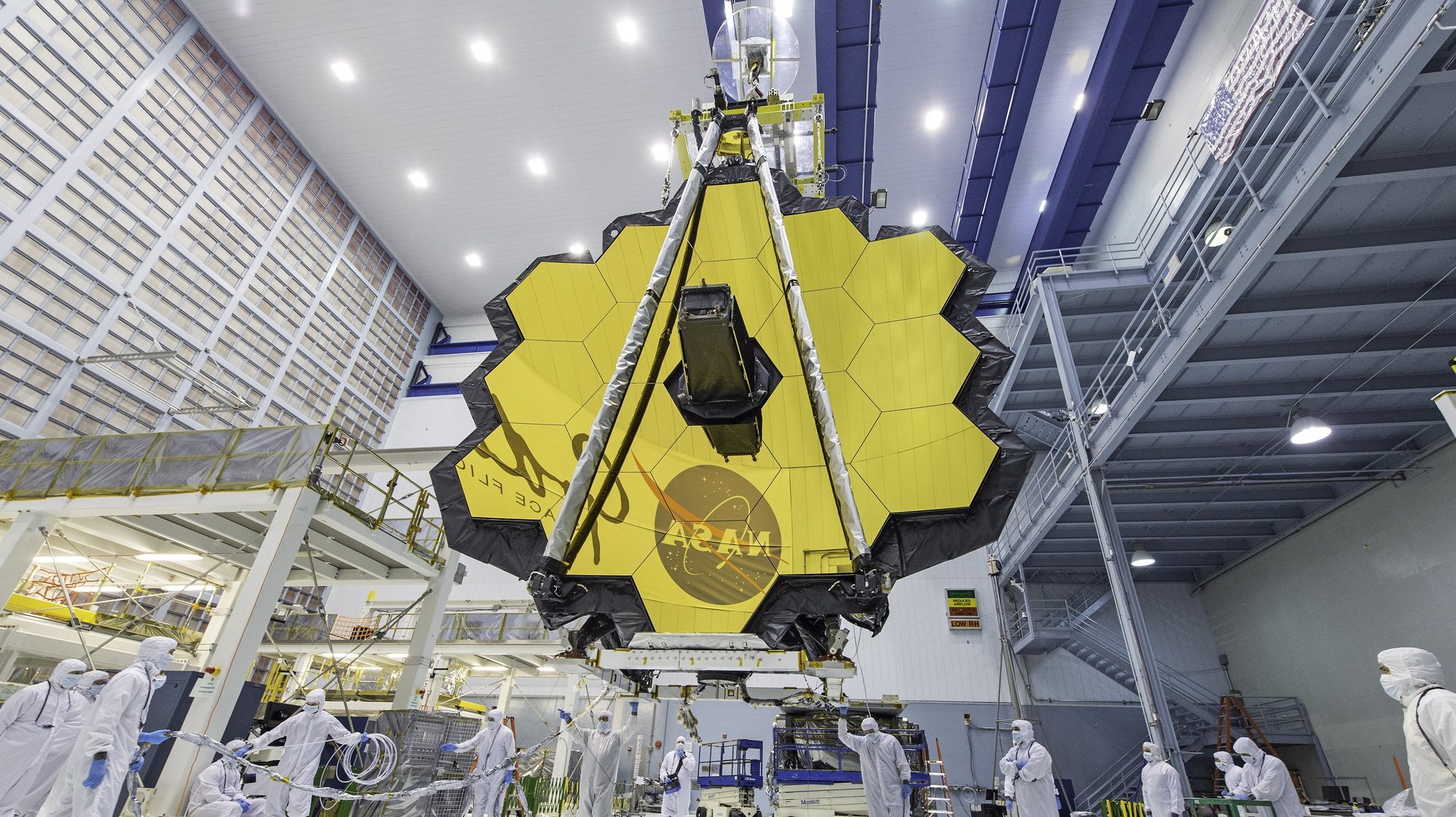Just six months after the launch of the James Webb Space Telescope, NASA is already preparing for the next era of space exploration. The project already has a name: Observatorio de Mundos Habitables (HWO; in Portuguese, Observatorio de Mundos Habitables) and promises to give new impetus to the search for signs of extraterrestrial life. looking for signs of life on Earth-like planets.
The new telescope is still a long way from seeing the light of day: the budget is not finalized and there is no specific release date (although the space agency estimates a launch window somewhere in the 2040s). In any case, the possibilities of the HWO excite the scientific community, especially since James Webb’s brief service has already contributed to radically changing the scientific understanding of the Universe. “I’m very, very excited to see it happen,” John O’Meara, chief scientist at the Keck Observatory in Hawaii, said of NASA’s new project.
The announcement was made by Mark Clampion, director of the astrophysics division of the US space agency. Like James Webb, the HWO will be located at point L2, 1.5 million kilometers from Earth, and one of the regions where the gravitational attraction of the Sun and our planet is balanced, which will allow the telescopes to be move accordingly of the two celestial bodies.
The great advantage of the HWO will be its adaptability and capacity to be renewed with more advanced parts over the years, extending its period of operation beyond, for example, the ten years foreseen for the James Webb, although the estimates are fluid – The Hubble telescope, for example, with an expected duration of about fifteen years, ended up lasting more than thirty.
We won’t have to wait decades for the launch of NASA’s next space telescope, though: in 2027, the agency is expected to launch the roman space telescopea research observatory designed to gather information about dark energy (a mysterious force about which very little is known, but which is believed to be at the origin of the accelerating expansion of the Universe) and exoplanets (planets outside the Solar System) .
Source: Observadora
